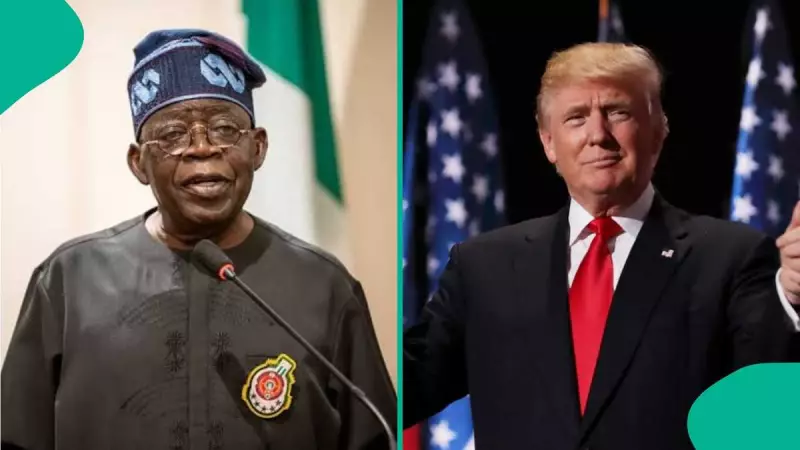
In a significant diplomatic development that has captured international attention, the United States government has officially designated Nigeria as a Country of Particular Concern regarding religious freedom. This controversial classification places Africa's most populous nation alongside countries notorious for religious persecution, including China, North Korea, and Iran.
Secretary Blinken's Official Announcement
The formal declaration came directly from US Secretary of State Antony Blinken, who released the comprehensive 2023 International Religious Freedom Report. This annual assessment evaluates how nations around the world protect or violate religious freedoms, with the "Country of Particular Concern" label representing the most severe category of violation.
What This Designation Means for Nigeria
Being classified as a Country of Particular Concern carries substantial international implications:
- Potential economic sanctions and restrictions on foreign assistance
- Increased scrutiny of Nigeria's human rights record in international forums
- Possible limitations on military cooperation and arms sales
- Damage to Nigeria's international reputation and diplomatic relationships
Complete List of Designated Countries
The United States Department of State identified several nations as Countries of Particular Concern in their latest assessment:
- Nigeria
- China
- North Korea
- Iran
- Pakistan
- Cuba
- Saudi Arabia
- Tajikistan
- Turkmenistan
Regional Implications and Reactions
This designation places Nigeria in rare company among African nations and represents a significant escalation in US criticism of Nigeria's religious freedom record. The move is likely to strain diplomatic relations between both countries and may trigger urgent high-level discussions between Nigerian and American officials.
The Nigerian government now faces mounting pressure to demonstrate concrete improvements in religious tolerance and protection of minority rights to avoid potential economic and diplomatic consequences.





